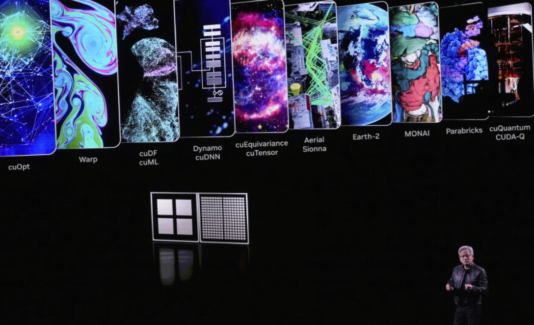Mars’ Ancient Climate: A Brief Overview
Recent research into Mars’ historical climate has shed light on the planet’s potential habitability and the evolution of its surface conditions over billions of years. Dr. Kite, a leading researcher in the study, highlights significant findings regarding Mars’ wet periods, the transition to aridity, and the implications for life on the planet.
A Wet Mars: The Early History
According to Dr. Kite, Mars experienced a much warmer climate approximately 4 billion years ago, suitable for the existence of lakes and river networks. During this period, the planet featured vast seas, some potentially larger than Earth’s Caspian Sea. However, this favorable environment was short-lived, with the climate rapidly shifting to cooler conditions, significantly affecting the planet’s geological and hydrological features.
The research underscores the transformation of the Martian landscape from wet to dry. Kite’s team utilized advanced modeling to explore this transition, revealing that as Mars became colder, extensive snowmelts contributed to the formation of salt flats. These salt deposits are what the Curiosity rover is currently studying, providing valuable insights into Mars’ climatic history.
The Era of Salts and Its Implications
The onset of what Kite describes as the "era of salts" does not indicate the complete disappearance of liquid water on Mars. Instead, while the landscape evolved into a harsher environment, Kite explains that periods of liquid water still emerged intermittently, akin to oases in an otherwise inhospitable terrain. This dynamic climate means that while vast stretches of Mars were dry, localized areas persisted where life could conceivably thrive.
Flickering Habitability: Life’s Chances on Mars
The transition to an arid Martian environment occurred roughly 3.5 billion years ago, leading to extensive dry periods when the planet’s conditions were extremely inhospitable. Kite notes that during these epochs, Mars was nearly as cold as it is today. Yet, during sporadic warmer instances, small patches of liquid water appeared, presenting fleeting opportunities for life.
Kite raises thought-provoking questions about the potential for life in these transient water bodies. He suggests a hypothetical scenario wherein microbes from Earth’s oceans could survive if introduced to these Martian lakes. However, the challenge remains: could life ever originate on ancient Mars, especially before the environment shifted toward salinity?
The Unlikely Survival of Early Life
While conditions may have allowed life to survive in transient pools, Kite’s conclusions lean toward skepticism regarding the longevity of any early Martian life forms. He proposes that the harsh conditions and rapid climatic shifts likely made it improbable for life to endure, particularly from the warmer, wetter phase through to the harsher environments that followed.
Significance and Future Implications
The findings from Dr. Kite’s research hold considerable implications for the ongoing exploration of Mars. Understanding the planet’s climatic evolution is crucial for discerning its potential for past life and informs future missions aimed at unearthing signs of ancient organisms.
The ongoing analysis of sedimentary deposits reveals the delicate balance Mars once maintained between wet and dry conditions. The historical data gathered may not only refine our understanding of Martian geology but also reshape the search strategies for extraterrestrial life. As exploration continues, researchers remain focused on determining whether traces of initial life forms might exist in the remnants of these primordial lakes.
In conclusion, while the prospects of discovering life on Mars remain uncertain, the intricate details of its climatic past highlight the importance of this research in the quest to understand our neighboring planet’s history. As scientists piece together the Martian puzzle, the question of whether life could have once flourished there continues to intrigue and inspire future inquiries into the cosmos.








